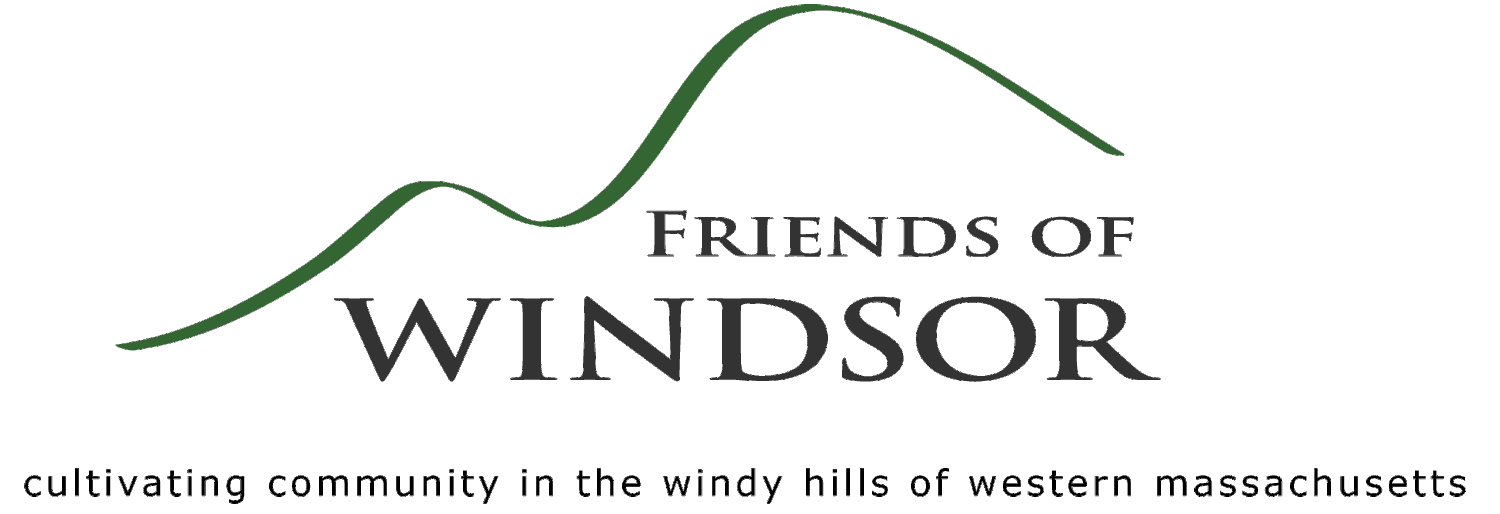After a couple of centuries, we're kind of used to the name. But why Windsor? Turns out Windsor was not the first choice for our second name, as local history enthusiast Barry Emery explained during an engaging talk at the Town Hall Internet Cafe on Wednesday Oct. 19th. (Though there remains a lingering mystery around the letter "d".)
Emery, who has written a number of books about Cheshire history, reviewed the situation in 1776, during the War of Independence: the town was anxious to shed its original name, Gageborough, which came from the hated British general Thomas Gage.
At the same time, our neighbors in what is now Cheshire were anxious to incorporate as a town -- the unincorporated area was known as New Providence.
New Providence and Gageborough agreed that New Providence be annexed to the town and sent a letter to the General Assembly asking that the annexation be approved and that the new town be named Cheshire, so that it would not "serve to perpetuate the memory of the destestable General Gage".
But, the Assembly said no. Emery believes this was possibly a case of religious discrimination, New Providence having been settled by Baptists from Rhode Island.
In 1778, Gageborough tried again to shed the hated name, asking to change it to Winsor (without a "d"). The General Assembly agreed, but changed the spelling. Why? There's no record of that, but Emery wonders if the big city legislators just assumed the rubes in the hills didn't know how to spell it. In fact, there are several towns named Winsor-without-a-d in the UK and elsewhere. Though of course Windsor-with-a-d, as in Windsor Castle, is a place name with a bit more luster.
Emery ended with a suggestion: that someone research whether any of our town's early settlers hailed from Winsor as a possible explanation for the choice.
(Cheshire, by the way, did not receive permission to incorporate until 1793.)

